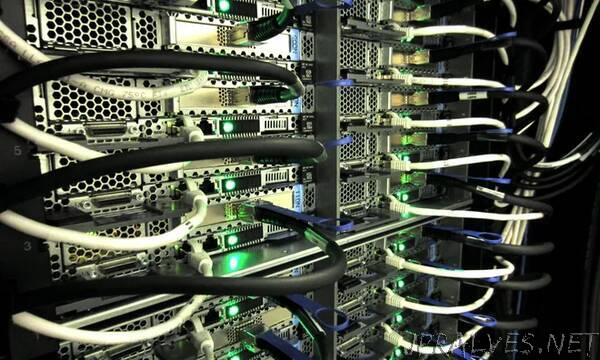
“With 9 million euros in funding from the NextGenerationEU recovery plan for Europe, the University of Innsbruck will combine a quantum computer with a supercomputer in the coming months. The novel system will be used in various fields such as computer science, physics, mathematics and beyond and will be open to all scientists in Austria for research and teaching.
Many areas of science depend on the computer-aided calculation of mathematical problems. Powerful supercomputers capable of performing the most complex calculations on thousands of processors in parallel are available for this purpose.
However, there are problems that are difficult to crack even for supercomputers or require exorbitant amounts of computing power. In drug research, for example, it may be necessary to calculate the energy of a molecule. This is precisely where quantum computers can play to their strengths.
Austrian quantum supercomputer
A project team comprised of the research area Scientific Computing, the Departments of Computer Science, Mathematics, Experimental Physics and Theoretical Physics and the central IT department of the University of Innsbruck, as well as with the support of external partners in Linz and Vienna, will install and launch a supercomputer with an integrated quantum computer in Innsbruck in the next few months. The new quantum supercomputer is being financed by the Austrian Research Promotion Agency (FFG) under the Quantum Austria funding program, using funds from the EU’s NextGenerationEU recovery plan. Special interfaces and GUIs will have to be developed so that users can share the two types of computers.
After setup and testing, the new computer will be accessible to all scientists in Austria for research and teaching. Computing time on the quantum supercomputer will be allocated in annual calls for proposals.
Success for the University of Innsbruck
The new computer will make it easier for Austrian research groups to explore applications of quantum algorithms and to optimize current quantum systems. This will eventually enable the development of hybrid quantum algorithms and bring the fields of quantum and high-performance computing closer together.”
